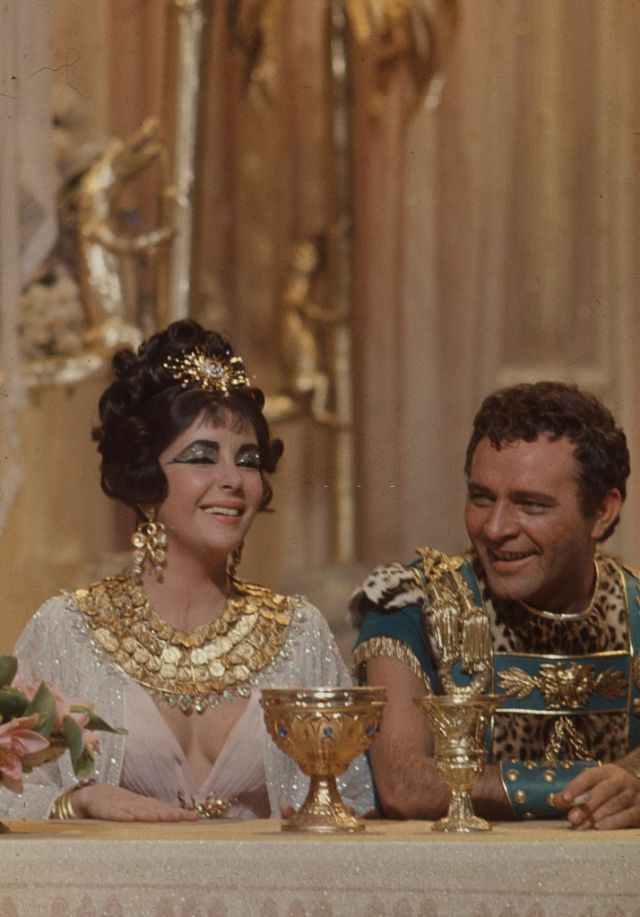Contrary to what Millennial media might have you believe, the dining club concept goes back millennia – and Cleopatra was its one of its earliest and most legendary pioneers.
Alexandria had never seen anything quite like what Mark Antony and Cleopatra cooked up in the winter of 41 BC, when their political alliance was still sizzling with honeymoon heat and Egyptian wine flowed like diplomatic promises.
Picture them plotting in marble-cooled chambers as evening falls over the harbour: two of the world's most powerful people, deciding that power without pleasure was just elaborate paperwork. They founded what Plutarch called the Society of Inimitable Livers — Amimetobion in Greek, literally "those who live in a way that cannot be imitated."
The name wasn't a boast: it was a challenge. They would live so extravagantly, so without restraint, so gloriously committed to excess that lesser mortals couldn't hope to match them. Think of it as competitive hedonism with international political implications.
Watch Alexandria transform under their influence. By day, Antony remained Rome's eastern war machine, processing dispatches and intimidating client kings. But sunset triggered metamorphosis: suddenly he was just another member of this exclusive circle devoted to drinking, feasting, and doing absolutely everything beyond reasonable limits.
They gave themselves nicknames like schoolchildren playing dress-up. Roamed city streets in disguise, testing whether anyone would recognise gods walking amongst mortals. Crashed the houses of unsuspecting citizens for impromptu dinner parties — imagine opening your door to find the queen of Egypt and Rome's most feared general, demanding hospitality.
Plutarch writes they "hunted mischief like game," and the city adored them for it. Alexandria had always loved theatrical rulers, but these two elevated royal entertainment into performance art. Citizens would gather in squares hoping to catch glimpses of their latest escapade.

Consider Cleopatra's fishing net innovation: one evening she ordered nets cast into the harbour — not for fish, but to drag up fully set dining tables and amphoras of wine, as if the Nile itself served her royal whims. The kind of stunt that required weeks of underwater preparation, disguised as spontaneous magic.
Sometimes they feasted on the river itself. Tables set along banks or floating on specially constructed rafts, guests dining while water flowed around their feet. Perfumed torches reflected in dark water, music drifting over current that carried their laughter toward Mediterranean shores.
For Antony, these nights offered freedom from Senate whispers and Roman expectations. Here he could be Dionysus rather than general; beloved rather than feared. For Cleopatra, it was power disguised as play — demonstrating Egypt's inexhaustible wealth while binding Rome's most dangerous man through shared pleasure.
The club evolved its own rituals, inside jokes, elaborate pranks that became city legend. Members competed to outdo each other's extravagance, turning decadence into art form that required genuine creativity alongside unlimited resources.
When Roman spies sent reports back to Octavian about "eastern corruption," they missed the political genius: Antony wasn't just being seduced, he was being transformed. The Inimitable Livers weren't destroying his Roman identity — they were creating new one that made Rome feel provincial, small, insufficiently alive.
History recorded the wars these two would later fight and lose. But Alexandria remembered something else: the laughter echoing off palace walls, the wine-stained marble, the two rulers who showed them what it looked like when gods decided to take a holiday on earth.
Some parties reshape empires forever. And some empires reshape parties forever.



